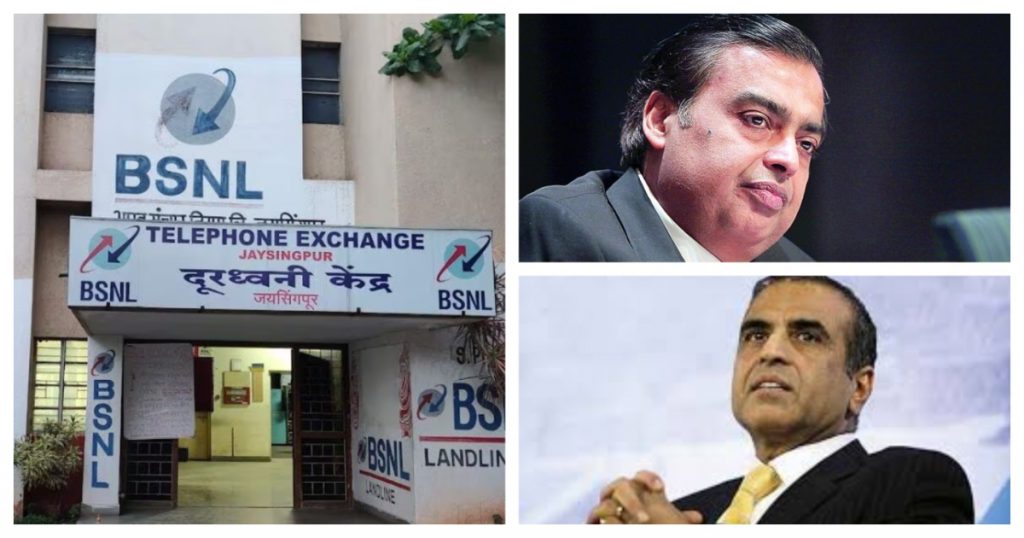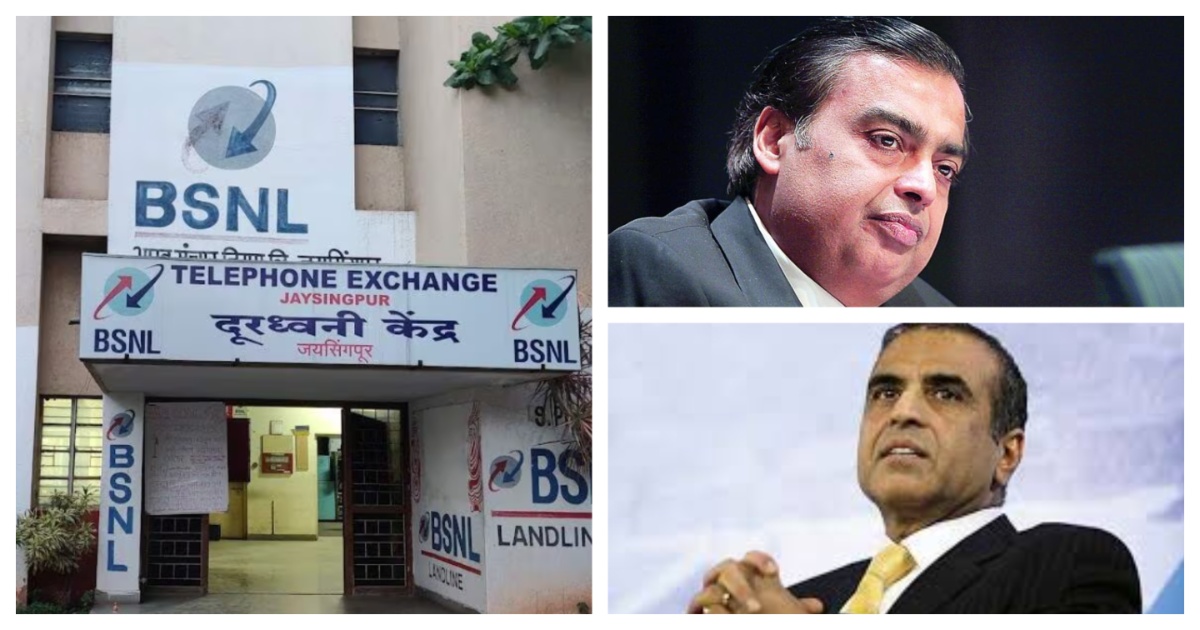It appears that Indian customers are more price sensitive than the country’s private telecom companies had expected them to be.
Reliance Jio, Airtel, and Vodafone have continued to bleed subscribers after announcing tariff hikes in July. State-owned BSNL, which hadn’t raised prices, appears to be gaining at their expense, with the company adding subscribers for the second consecutive month. In July, India’s telecom operators had simultaneously announced price hikes, ending several years of price wars.

In September, Jio lost the most subscribers, losing 79.7 lakh subscribers. Meanwhile, Airtel lost 14.3 lakh subscribers, and Vodafone Idea lost 15.5 lakh subscribers. In comparison, state-owned BSNL saw its userbase grow by 8.5 lakh.
These trends follow what had happened in August. In August, Reliance Jio had lost 40.1 lakh subscribers, Airtel had lost 24 lakh subscribers, and Vodafone Idea had lost 18 lakh subscribers. In that period, BSNL had gained 25 lakh subscribers. In July, it had been reported that 2.5 lakh people had ported over to BSNL from other operators.
These moves follow the price hikes announced by Indian telecom companies in June this year, which was the first such move in around 30 months. Jio had raised prices between 12-25 percent for its plans, while Airtel had raised prices between 10-21 percent. VI’s prices had been raised by between 11-24 percent for its different plans. This had meant that the cheapest 28-days monthly plan with data and voice benefits began at Rs. 199 for Bharti Airtel and Vodafone Idea, and at Rs. 189 for Jio. In comparison, state-owned BSNL was offering a plan with similar benefits for just Rs. 108.
And BSNL has been looking to capitalize on its price advantage since then. BSNL has launched a series of new initiatives, including spam blockers, automated SIM kiosks, and direct-to-device services. It has been receiving some positive social media buzz as well, with a video showing BSNL employees unveiling a SIM in a run-down government office being favorably compared to glitzy launches by private telecom companies. It remains to be seen if BSNL can continue with this momentum, but the benefits to consumers of having a state-run telecom operator are becoming apparent in the times of privatization — even if their service isn’t the best, it does give consumers an option if private players decide to collaborate and simultaneously raise prices.
